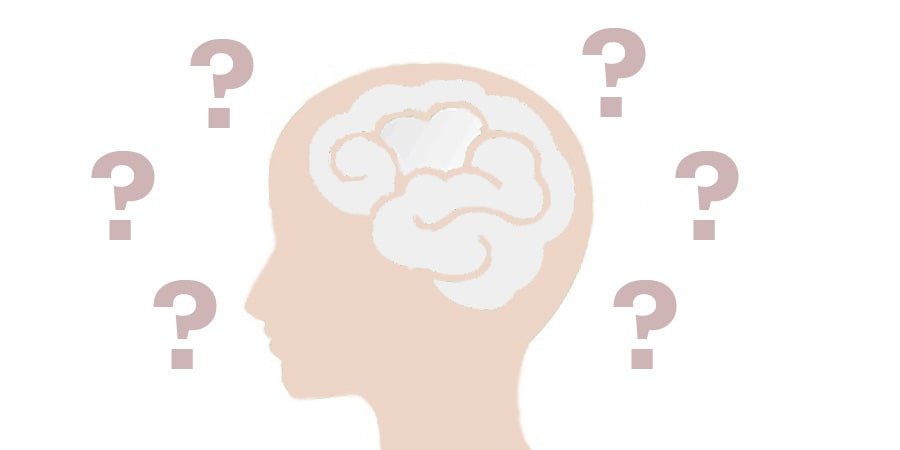How to Forget Painful Memories

Your mind is a garden; are weeds of painful memories choking your growth?
We all carry the weight of painful memories, moments that cling to us like persistent shadows. These memories can sometimes feel overwhelming, affecting our mood and overall outlook on life. But what if there was a way to let go of these burdens? Imagine a life where past hurts no longer dictate your happiness. By understanding and addressing these memories, you can unlock a brighter, more fulfilling future.
In this blog, we’ll explore practical strategies to help you release those burdensome memories. From mindfulness techniques to creative expression, there are many ways to reclaim your joy. Join us on this journey of healing and discover how to transform your past into a source of strength rather than sorrow. Let’s take the first step together!
Motivated Forgetting
It’s not practical or beneficial to remember every detail of your life. For instance, if you remembered every single meal you’ve ever eaten, deciding what to have for dinner today would be overwhelming! Instead, it makes more sense to remember only essential instances, such as your favorite foods and those you dislike.
One technique to manage memory is called motivated forgetting. This involves intentionally forgetting certain things to focus on what matters. Directed forgetting is one method used to study this process. For example, you might be shown a list of words and asked to remember only a few, while intentionally forgetting the rest.
When tested, your recall for the words you were told to forget is typically lower than for those you were asked to remember. This is because your brain actively blocks out unwanted information through a process called inhibition. By engaging in other thoughts or focusing on different information, you can suppress unwanted memories.
Research indicates that when you’re told not to recall something, the brain’s frontal part (which controls intentions) is activated, while the hippocampus (responsible for memory) is less involved.
Repressing Memories
Sigmund Freud, the Austrian psychotherapist, is well-known for his work on repression. He proposed that the unconscious mind protects the conscious mind from harsh or traumatic memories.
While the idea of repressing traumatic memories might sound appealing, evidence supporting this concept is limited. Many people claim to have rediscovered suppressed memories through therapy, but research shows that up to 80% of these “recovered” memories may be false, often unintentionally suggested by therapists. Memories discovered outside of therapy are less likely to be fabricated.
Understanding the mechanics of repression is challenging because verifying the accuracy of recovered memories is difficult. Some mental health professionals believe the brain can block memories and have developed treatments to help patients recover them. Others remain skeptical, noting the lack of substantial evidence for repressed memory.
In fact, Freud himself eventually recognized that some of the “memories” recovered during psychoanalysis were not genuine.
Conclusion
Letting go of painful memories is crucial for a fulfilling life. Techniques like motivated forgetting can help you focus on what truly matters, while the concept of repression, though intriguing, remains contentious and lacks solid evidence. By addressing and understanding these memories, you can transform past sorrows into sources of strength, leading to a brighter, more hopeful future.